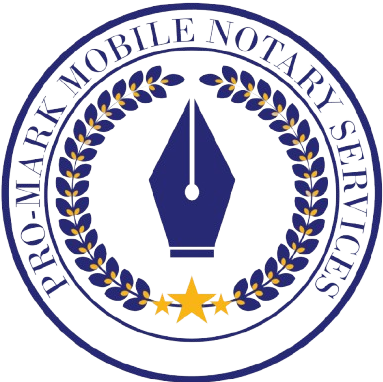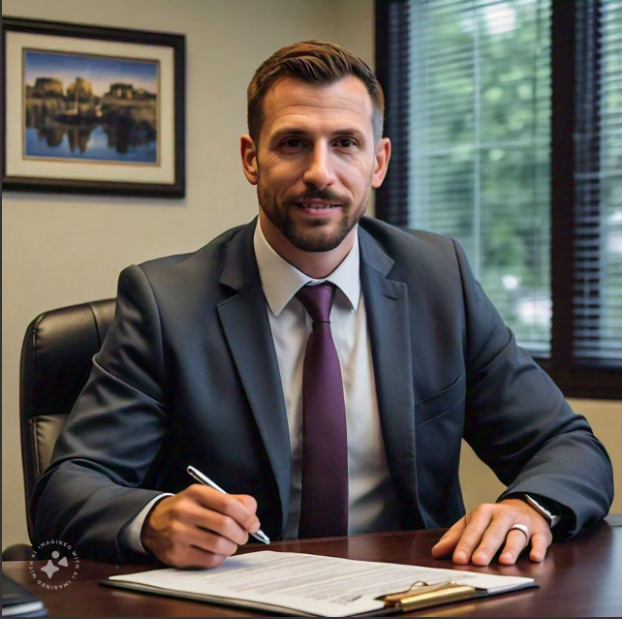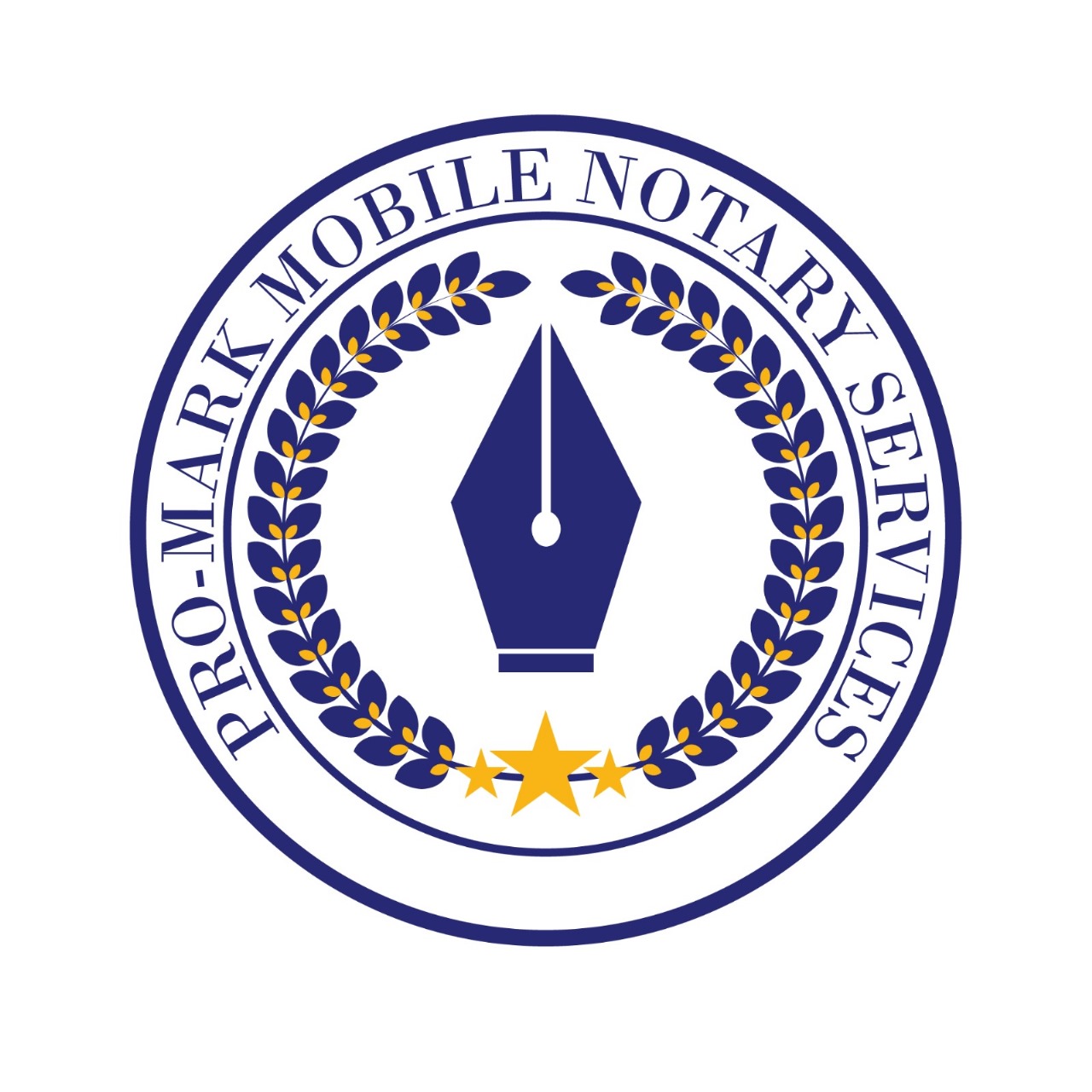Why Hiring a Notary Public is Essential for Legal Documents
In today’s complex legal landscape, ensuring the validity and authenticity of documents is more critical than ever. Whether you’re involved in a real estate transaction, drafting a will, or signing a contract, ensuring that your documents are legally binding and fraud-free is essential. This is where a Notary Public in Edina, MN comes into play. A Notary Public serves as a crucial third-party witness in the execution of legal documents. Their role is not only to validate the identity of signers but also to ensure that all parties involved understand the document’s content and are signing willingly. In this blog, we will explore why hiring a notary public is essential for legal documents and how they help protect your interests. What Is a Notary Public? A Notary Public is an official appointed by the government to act as an impartial witness in the signing of important legal documents. Their primary role is to prevent fraud by confirming the identity of all parties involved in the signing process and ensuring that the document is signed voluntarily and knowingly. Notaries public are often required to notarize documents such as contracts, real estate deeds, wills, affidavits, and powers of attorney. Once a notary witnesses a document’s signing, they will apply their official seal or stamp, which gives the document legal credibility and helps ensure its authenticity. The Role of a Notary Public in Legal Documents A Notary Public plays a key role in maintaining the integrity of legal documents. They perform several important functions, including: 1. Verifying Identity One of the primary responsibilities of a notary public is to verify the identity of the individuals signing the document. Before notarizing, the notary will ask for identification, such as a driver’s license or passport, to ensure that the person signing is who they claim to be. This process is crucial in preventing identity fraud or the falsification of signatures on important documents. 2. Ensuring Willingness and Understanding A notary public ensures that all signers are of sound mind and are signing the document willingly. They also make sure that all parties understand the contents of the document they are signing. This is especially important for contracts, wills, or powers of attorney, where misunderstanding or coercion could lead to disputes or legal challenges later on. 3. Serving as an Impartial Witness The notary public serves as a neutral, third-party witness to the signing of the document. Their presence ensures that the signing process is conducted fairly and that no party is being forced or misled into signing. This impartial oversight is especially valuable in legal matters where the validity of a document could be contested. 4. Applying an Official Seal or Stamp After verifying the identity and willingness of the signers, the notary public applies their official seal or stamp to the document. This seal acts as proof that the document has been notarized, making it legally enforceable and difficult to contest in court. In many cases, a notarized document carries more weight than one that has not been witnessed by a notary public. Why Hiring a Notary Public is Essential Now that we’ve outlined the role of a Notary Public, let’s delve into the reasons why hiring one is essential when dealing with legal documents. 1. Preventing Fraud Fraud is a significant concern in legal transactions, especially when it comes to important documents like contracts, real estate deals, and wills. By verifying the identity of the signers and ensuring that they are signing voluntarily, a notary public helps to prevent forgery and identity theft. This is particularly important in cases where large sums of money or valuable assets are involved, such as property transactions or estate planning. 2. Ensuring Legal Compliance Certain legal documents must be notarized to be considered valid. In real estate, for example, deeds and mortgages often require notarization. Similarly, documents like affidavits, powers of attorney, and some contracts may need to be notarized to comply with legal requirements. Hiring a notary public ensures that your documents meet these legal standards, preventing delays or complications down the line. 3. Providing Legal Credibility Notarized documents carry more legal credibility than those that have not been witnessed by a notary public. If a document is ever challenged in court, the fact that it has been notarized adds an extra layer of protection, making it difficult to contest. This can be especially important in cases where the validity of a signature is questioned, such as in disputes over wills, contracts, or powers of attorney. 4. Avoiding Future Disputes A notary public’s involvement in the signing of a legal document helps to prevent misunderstandings or disputes later on. Because the notary ensures that all parties understand the contents of the document and are signing voluntarily, the likelihood of future challenges or legal battles is greatly reduced. This can save both time and money in the long run. 5. International Document Validation In some cases, documents that will be used internationally must be notarized to be accepted by foreign governments or institutions. This is particularly true for contracts, business agreements, or legal documents that will be used in cross-border transactions. A notary public ensures that the document is legally valid in both countries, helping to streamline the international legal process. 6. Peace of Mind Hiring a notary public provides peace of mind for all parties involved. Knowing that a neutral third party has verified the identities of the signers and witnessed the signing process helps to instill confidence that the document is legitimate and will hold up in court if necessary. This is particularly important in high-stakes transactions or agreements where legal enforcement may be required. Final Words In conclusion, hiring a Notary Public in Edina is essential when dealing with legal documents. Their role in verifying identity, ensuring understanding, and applying an official seal helps prevent fraud, ensure legal compliance, and provide legal credibility. Whether you’re signing a contract, purchasing real estate, or drafting a will, the involvement of a notary public can protect











